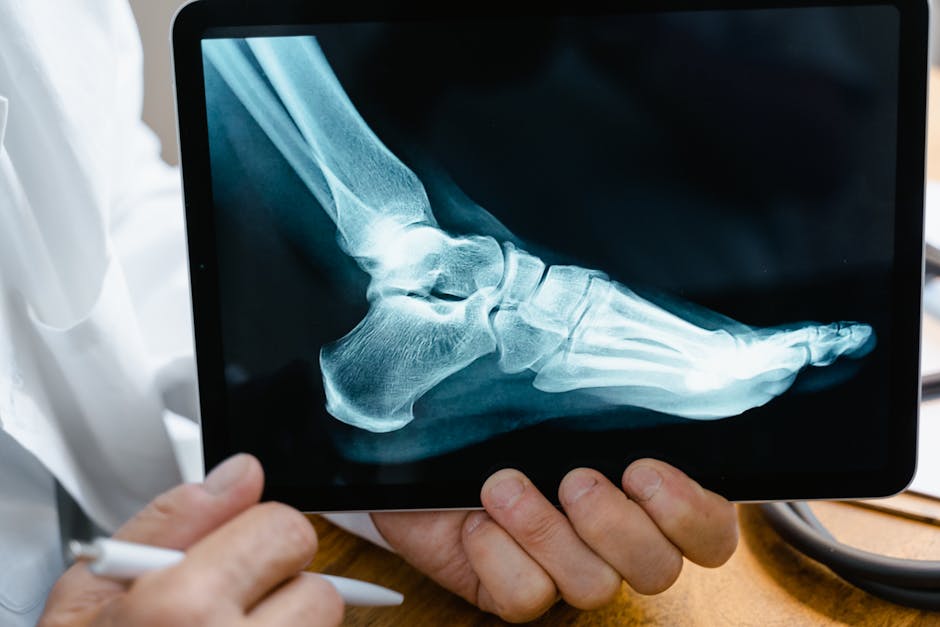
Light therapy has emerged as a popular and non-invasive treatment option for a variety of health issues. By utilizing specific wavelengths of light, this therapeutic approach aims to promote healing, enhance mood, and alleviate various physical conditions. Whether you are considering light therapy for personal use or are exploring its applications for animals, understanding its benefits and how to seek professional guidance through a light therapy consultation can be invaluable. This article will provide an overview of light therapy, tips on choosing a qualified consultant, and a specialized focus on its benefits for equine health.
Understanding Light Therapy: Benefits and Applications
Light therapy, often referred to as phototherapy, involves exposure to specific wavelengths of light for therapeutic purposes. This treatment has been widely studied and is used for various applications, including:
- Seasonal Affective Disorder (SAD): Many people experience mood fluctuations during certain seasons, often due to lack of sunlight. Light therapy can help alleviate symptoms by mimicking natural sunlight, improving mood and energy levels.
- Skin Conditions: Conditions such as psoriasis, eczema, and acne can be treated with specific light wavelengths that reduce inflammation and promote healing.
- Pain Management: Light therapy is also used to manage chronic pain and inflammation, providing relief for conditions such as arthritis and muscle strains.
- Sleep Disorders: Exposure to light at specific times can help regulate circadian rhythms, improving sleep quality and addressing disorders like insomnia.
Given the wide range of potential benefits, seeking expert advice through a light therapy consultation can help individuals tailor their treatment to their specific needs and conditions.
How to Choose a Light Therapy Consultant
Finding the right consultant for light therapy is crucial to ensure that you receive appropriate and effective treatment. Here are some essential criteria to consider when selecting a qualified professional:
- Credentials and Experience: Look for consultants who have relevant qualifications and experience in light therapy or related fields, such as dermatology, psychology, or physical therapy. Their expertise will help ensure that you receive the best care possible.
- Personalized Approach: A good consultant will assess your individual needs and tailor recommendations accordingly. They should take the time to understand your specific conditions and discuss potential outcomes and treatment options.
- Technology and Methods: Inquire about the types of light therapy devices used and their effectiveness. A knowledgeable consultant should be able to explain the differences between various technologies and their applications.
- Testimonials and Reviews: Researching feedback from previous clients can provide insight into the consultant’s effectiveness and approach. Look for testimonials that speak to their expertise and the success of their treatments.
Engaging in a light therapy consultation can empower you with the knowledge and support needed to make informed decisions about your health and wellness journey.
Light Therapy for Equine Health: A Specialized Approach
Light therapy is not limited to human applications; it has also gained recognition in the field of equine health. Horses can benefit from light therapy in several ways, making it an important consideration for horse owners and caretakers:
- Injury Recovery: Light therapy can promote faster healing of injuries by increasing blood flow and reducing inflammation, which is vital for athletic horses recovering from strains or injuries.
- Skin and Coat Health: Just like in humans, specific light wavelengths can improve skin conditions in horses, enhancing coat quality and overall skin health.
- Performance Enhancement: Regular light therapy sessions may improve muscle recovery and overall performance, helping horses maintain peak physical condition.
For those interested in exploring light therapy for their equine companions, a light therapy consultation with a specialist in equine health can provide valuable insights and tailored treatment plans. For more information on equine light therapy, consider consulting resources that focus on this specialized approach.
In conclusion, light therapy represents a versatile and effective treatment option with a range of applications for both humans and animals. Whether you are exploring this modality for personal health or for the well-being of your horse, seeking a professional light therapy consultation can guide you in making informed decisions that align with your health goals.